Today’s readings
Perhaps you recall last week’s Gospel reading, in which Jesus, having been baptized, was prompted and led by the Spirit into the desert for forty days and forty nights. He fasted and prayed and near the end of it, he was tempted by Satan. It’s a vivid image. Today’s Gospel has Jesus, on the way to Jerusalem and his death, take Peter, James, and John up a mountain and is transfigured before them. This is also a very vivid image. These images are so vivid, in fact, that they are presented on the first and second Sundays of Lent every single year. So the Church, I think, is giving us a framework for Lent and the spiritual life that we should pay attention to.
There’s a connection between these two stories, these two images, that I have been reflecting on this week. Deacon Pat made a point in his homily last week that got me thinking about that connection. Speaking of what was going on in the temptation of Jesus, he pointed out that Satan waited until the end of the forty days, when the Gospel says Jesus was hungry. That had to be the understatement of the millennium if Jesus fasted forty days and nights! Deacon Pat’s point was that Satan waits until we are at a low point, just like Jesus was feeling all the physical and psychological effects of fasting so long. Then he makes his move to tempt us. When we are at a low point, we are more easily influenced by temptation.
And that begins a cycle that I think we can all understand and perhaps relate to. I’m guessing most of us have experienced it ourselves. We are at a low point, so temptation comes to us. Without our strength, we give in to temptation. The Tempter lies to us, and promises things that he cannot and will not deliver, or tells us things about ourselves that are not true. Jesus was tempted with bread, immunity from harm, and all the kingdoms of the world. Satan has no power over any of this. He has no power, ultimately, over us, because his main weapons, sin and death, have already been overcome by the death and resurrection of Jesus Christ. Satan is a liar, but because we are at a low point, we believe the lies. Then, when we give in to the lies, Satan convinces us of another whopper of a lie, and that is that we are unworthy of God’s love and mercy. Which makes us feel even lower, so we get more temptation, and so on and so on and so on.
But the Transfiguration gives us the foretaste and promise of what God is doing to break this sad cycle. First, as we see in the figures of Moses and Elijah who appear with Jesus Transfigured, God gives us the guidance of the Law and the Prophets. In these days, that means the guidance of the Church, who proclaims the Word and provides access to the Sacraments which provide healing and guidance and life.
Then God takes our brokenness, our sin and transgression, the sickness of our spirit battered by the Tempter, and he transfigures it. He re-creates us into the glorified people we were created to be, so that we can be caught up in God’s life forever and live with him for eternity. Finally, in the Transfiguration, God promises us that we, who are worth far more than the passing things that Satan promises us, have hope of the Resurrection. Just as Jesus’ Transfiguration was a foreshadowing of the glorified body of his Resurrection, so it is for us a foreshadowing of the life of grace that we will inherit if we follow Jesus up that mountain.
The cycle of temptation is a dirty, rotten thing. It eats at us all the time and invites us to lower the bar and accept the lies that Satan offers. But the Transfiguration proclaims that that kind of life is not what we were created for. And through the disciplines of Lent, turning back to Christ, letting him interrupt the cycle of sin and shame in our lives, we can be transfigured into glory. That’s our real promise, and it’s made by the One who never lies.
So hang in there on your Lenten promises. If you haven’t started, it’s not too late. All of our penance is turning down Satan’s lies in favor of God’s promises. And God is the One who keeps his promises.
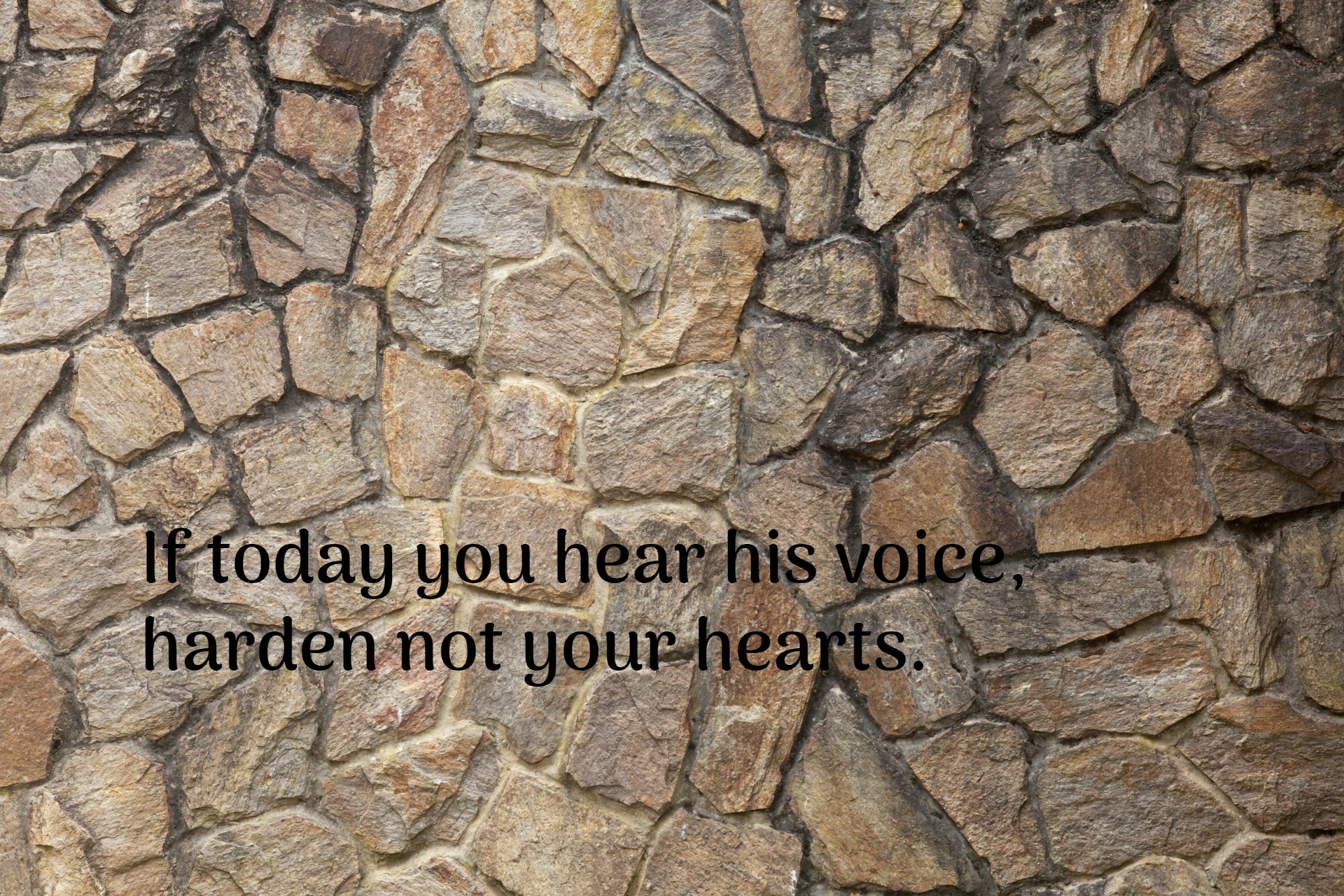
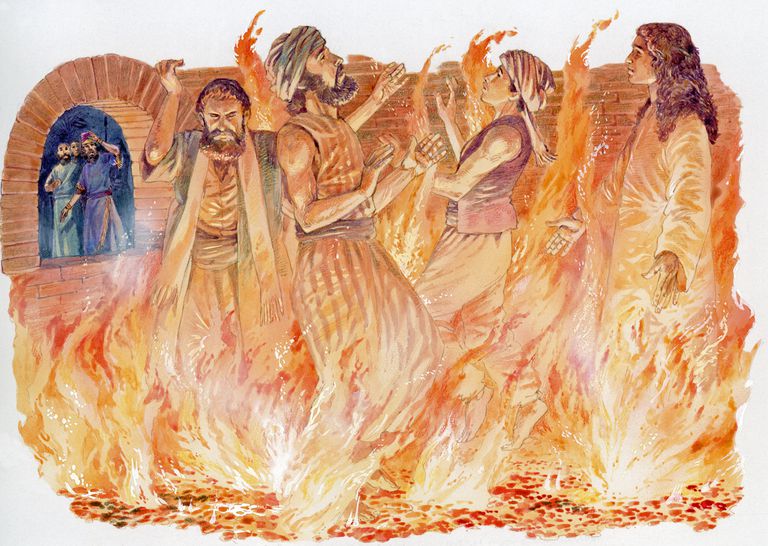
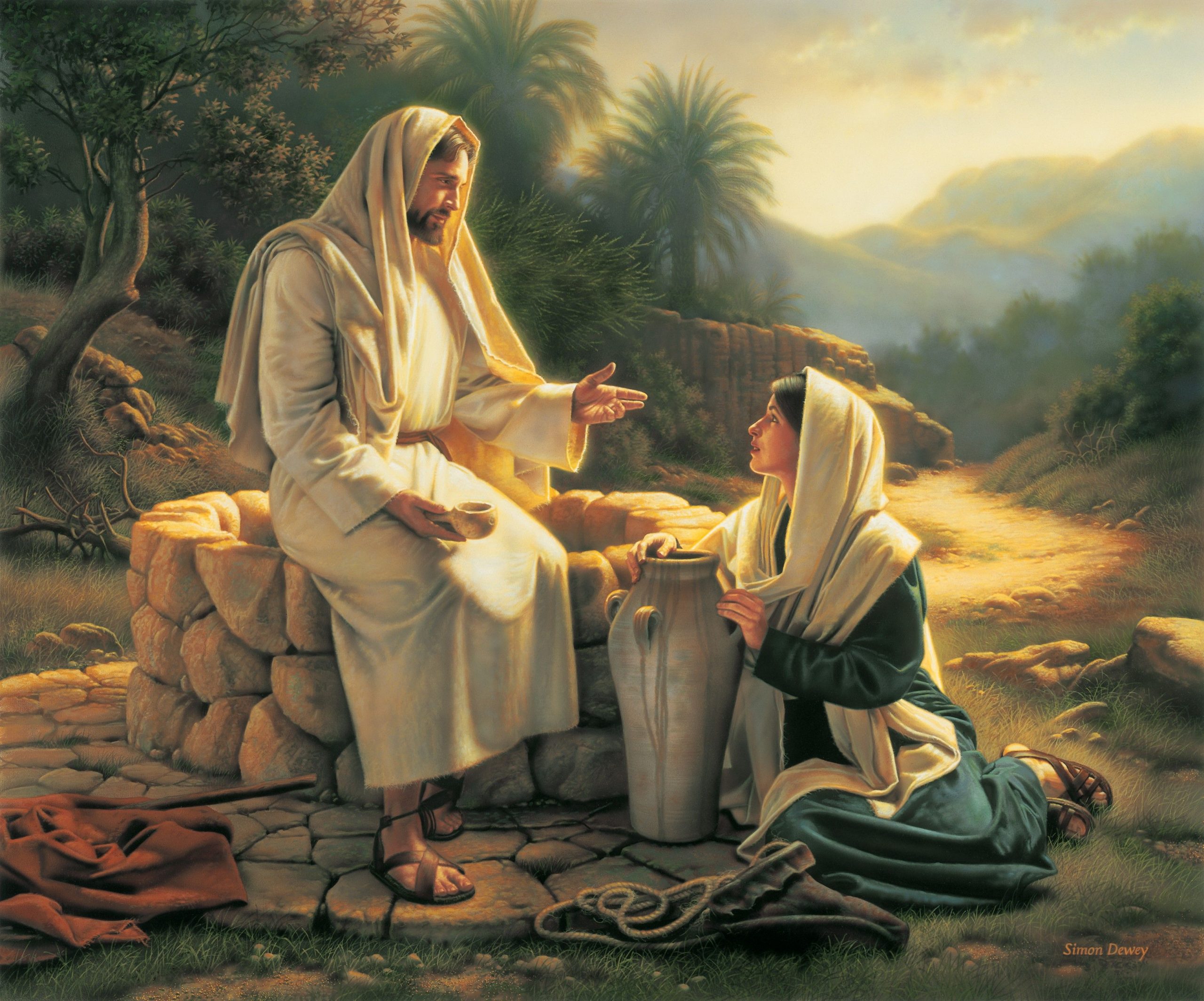
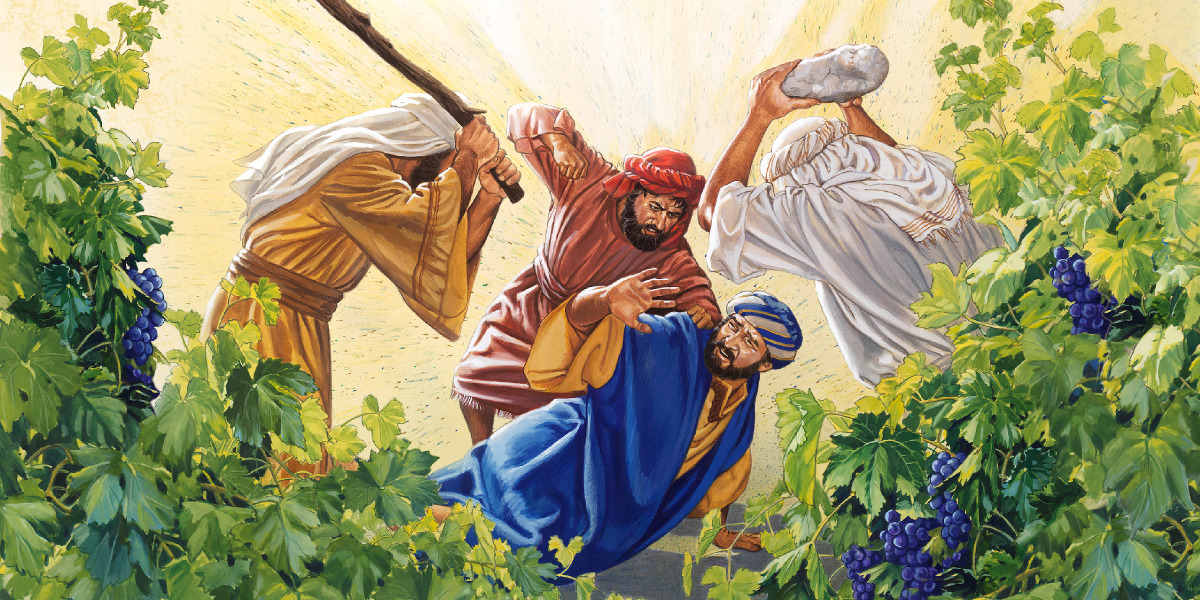
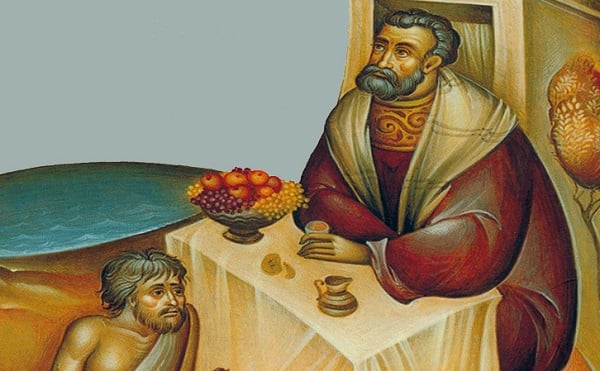

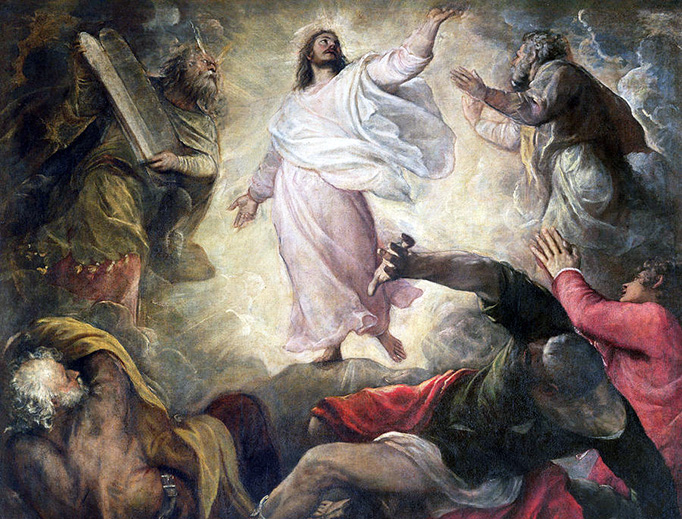

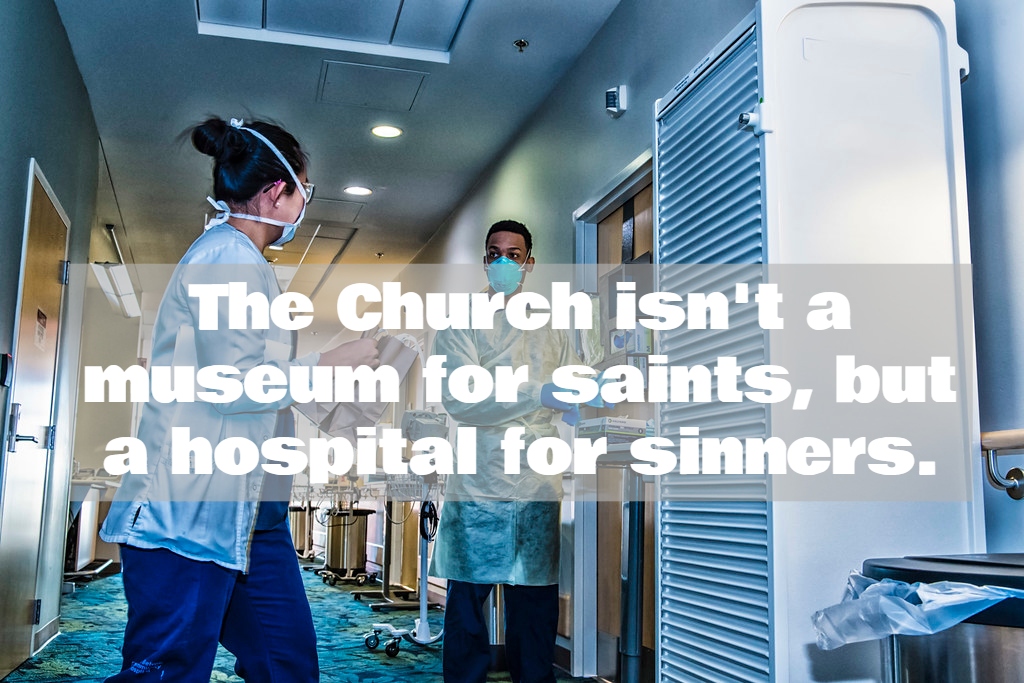
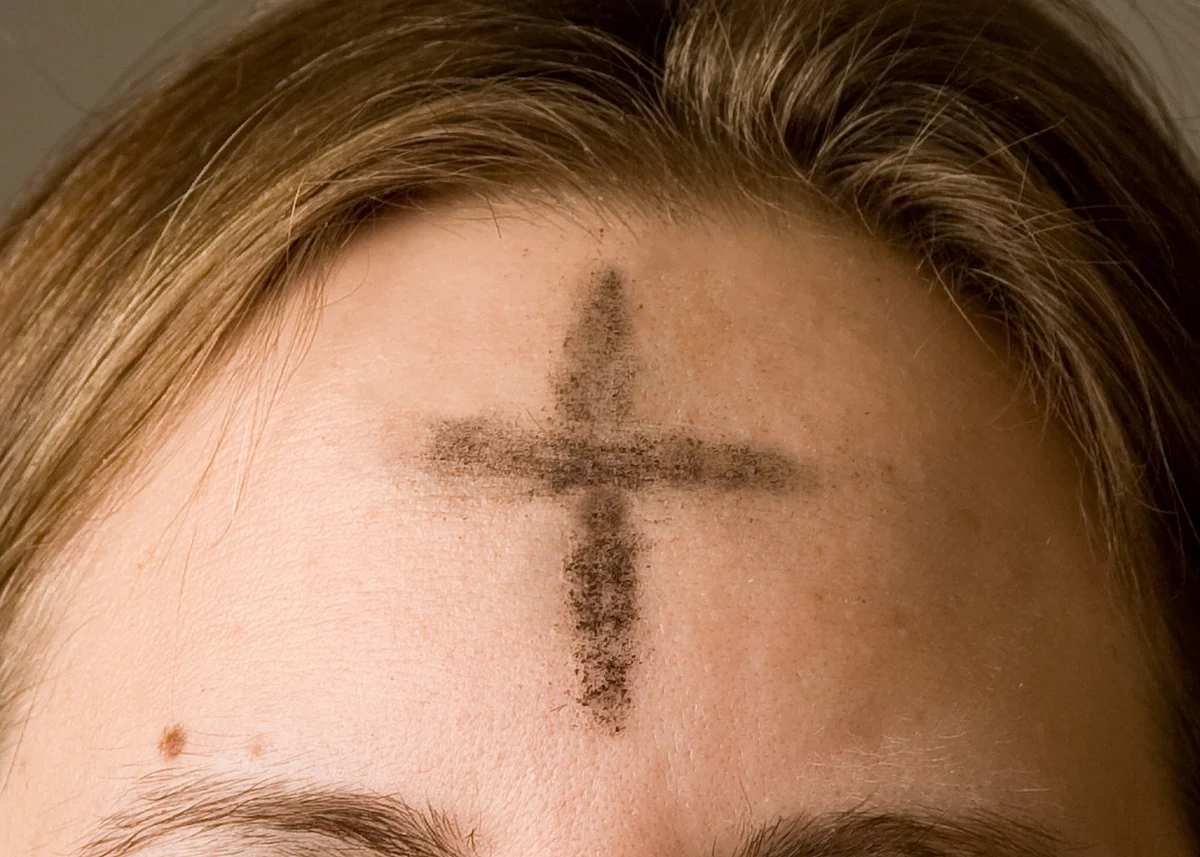
You must be logged in to post a comment.